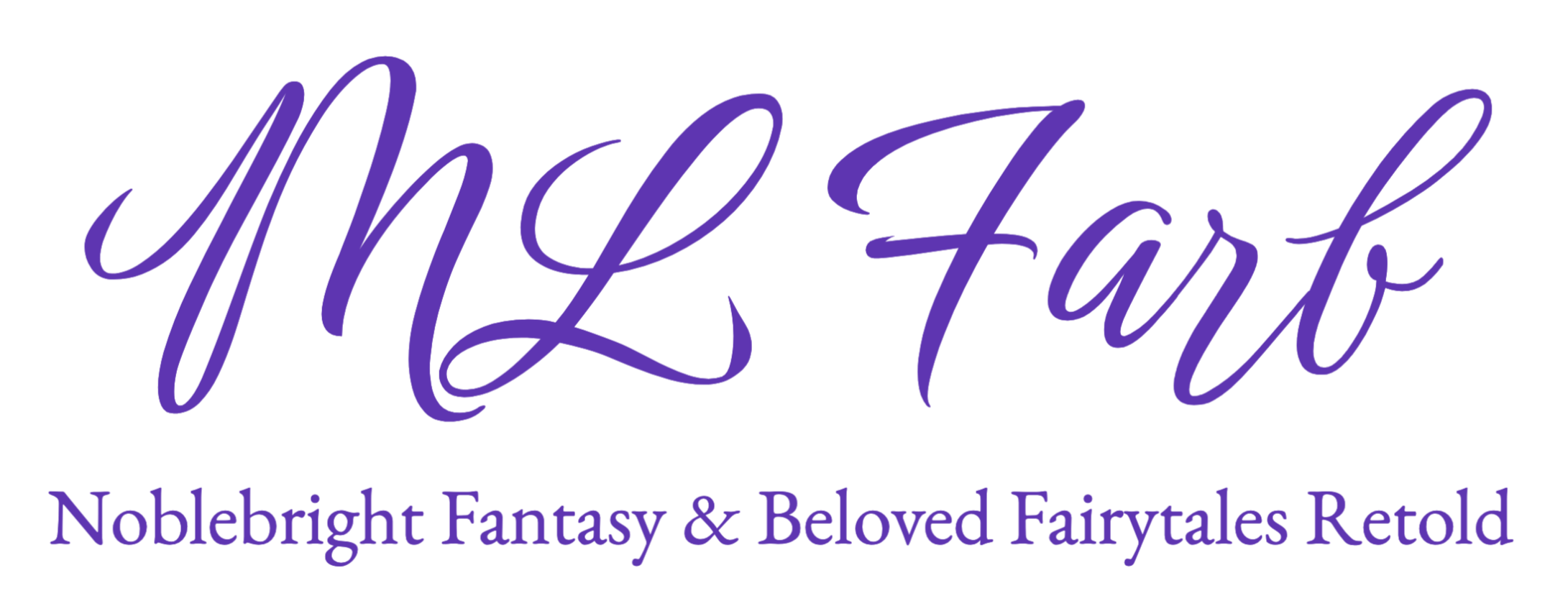
All habits take time and work. Pick one habit to work on at a time and don’t give up. “Success consists of going from failure to failure without loss of enthusiasm.” – Winston Churchill
READ
If you want to write well, the read excellent writing.
Poetry: This will help you create beautiful prose, condense ideas, and show vividly an idea instead of tell about it. Poetry is a snapshot of life.
Fiction: Read in both your genre and other genres. This helps keep your writing from getting in a rut or stale. Though keep your standards. You don’t have to read mind-darkening literature to be well read.
Non-fiction: Research is a good portion of any story I write. Even though I set my books in fantasy worlds, knowing how the Japanese made masks or the rules of chess gives my writing concrete details to weave into the story. Also, non-fiction contains some of the most beautiful and exciting stories. See my list of favorite books.
Read out loud: Motherhood introduced me to the joys of reading out loud. Years of reading picture books, Newbery award novels, classics, comics, and true-stories, has helped me get an auditory feel of good writing, different voices, and flow. Try it with a family member or volunteer at a school.
Shakespeare: He is the master of a turn of phrase, dual meanings, wry humor, and layered ideas. I don’t suggest writing like he did, but learn from him.
MANAGE TIME
We are all busy. School, work, family, social activities—the list goes on. If you want to write you have to make time for it, or it will not happen.
I write when my husband plays games with the kids in the evening, or early in the morning before anyone wakes up (4:30am is my best writing time). I catch some writing in the afternoon, betwixt mothering.
Find what time works best for you. Find when your creative mind is most awake. Schedule it into your calendar. Be specific, “I will write for 30mins at 4pm, before I get on facebook.”
Note: Things will come up. There will be days you don’t meet your goal. Don’t give up, but come back to it again the next day.
ENVIRONMENT
I’m easily distracted. I have to create an environment that encourages writing. Here are some things that work for me.
- Write when others are asleep.
- Keep media in a different room.
- Turn the phone to airplane mode.
- Use a Tomato timer to stay on task (25min work, 5min break).
- Keep off distracting sites (like social media) until after meet writing goal.
Note: Many people find music helpful for focusing. It only sometimes works for me. Most often I write in silence (or as much silence as is possible).
HEALTH and BALANCE
Keeping physically and mentally healthy improves one’s ability to think and write. It is important to keep all things in balance.
- Exercise every day.
- Get up and move (25min write, 5min move).
- Connect with others. Talk with them, listen to them. Dinner time conversation is awesome for this.
- Serve. Not only is it a joy, it helps get outside of your own head, and see the world differently.
- Be aware of the world. Take time to see, feel, hear, smell, and taste.
- Laugh.
- Get enough sleep.
- Keep learning. Exercise your brain.
- If you have a certain belief or religious faith, take time each day to grow spiritually.
I’m still learning to implement these. Some days are better than others.
SET GOALS
I love using the SMART goal method to writing.
SMART goals are:
Specific: Well defined, clear, and unambiguous
Measurable: With specific criteria that measure your progress towards the accomplishment of the goal
Achievable: Attainable and not impossible to achieve
Realistic: Within reach, realistic, and relevant to your life purpose
Timely: With a clearly defined timeline, including a starting date and a target date. The purpose is to create urgency.
https://corporatefinanceinstitute.com/resources/knowledge/other/smart-goal/
Start out with a smaller goal. Like, “I will write for ten minutes today”. Then move onto larger ones, but still keep it realistic.
Other goal keeping helps:
- Accountability partner: This is someone that I report to each day and tell them what I accomplished. Just knowing I will report helps me stay motivated.
- Create simple rewards: When I finish writing a 1000 words I will watch a short, funny video.
FINISH
One of my English professors said, “Don’t be straightening the chairs on the deck when the Titanic is sinking.” I took that to mean, don’t be editing all the small details when the story is only half finished. Get the bones of it together and then flesh it out.
Some days are writing days and other days are edit days. Both are important. However, if you find yourself stuck going over the same chapter again and again, it may be time to implement “write and don’t look back” sessions so you can finish.
There are programs that encourage writing blind—meaning you only see the line you are typing and everything else is black on the page. This encourages you to keep typing for a set amount of time and not go back and edit.
Bonus: Writer’s Notebook
This is more a tool than a habit.
Story ideas come all the time–between laundry and cooking dinner, in the middle of helping a child with school, at 2am. To capture these ideas, I keep a notebook with me at all times, from a tiny one that I tuck into my purse to the 8″x11″ one in the kitchen. I write small, I write sloppy, but I catch the ideas; and later I type them into a more readable form.

